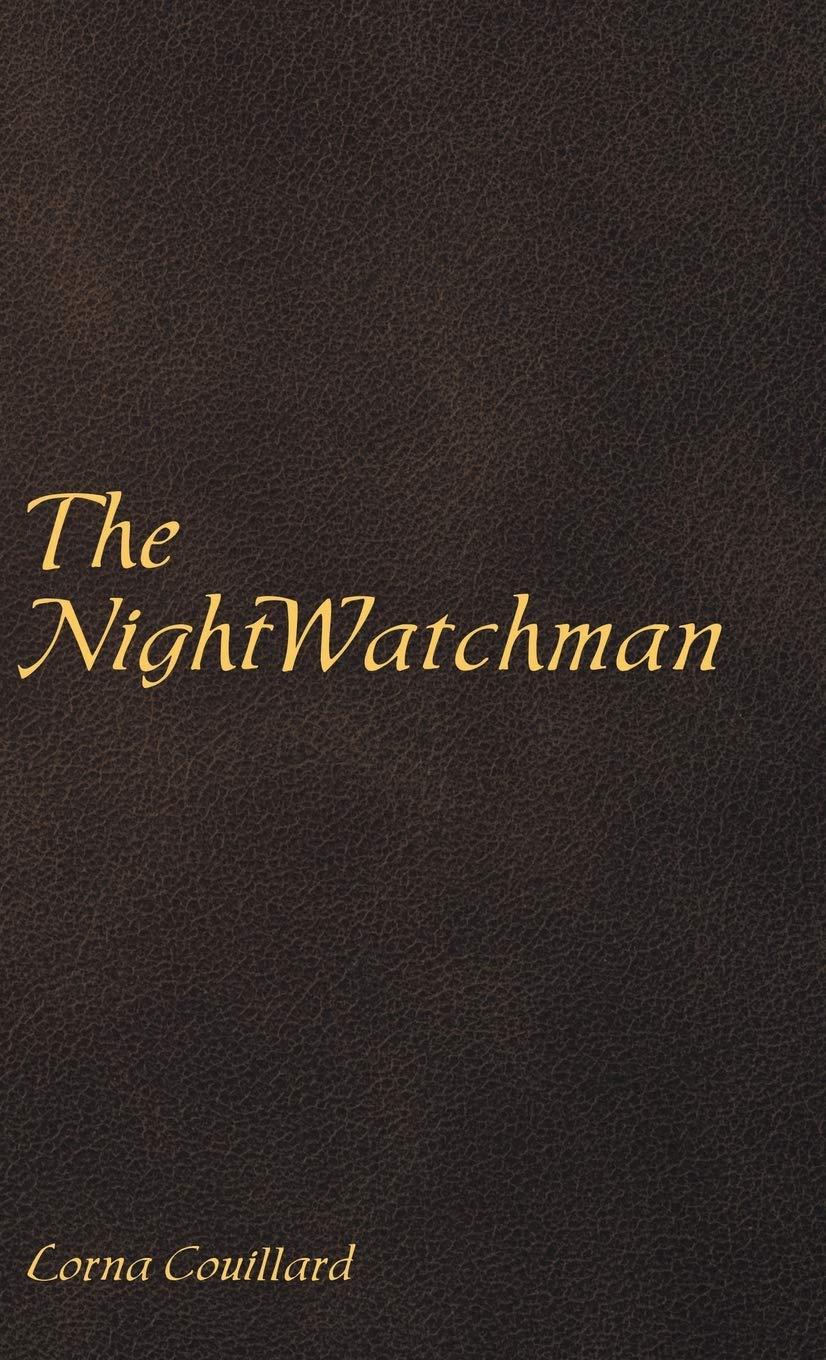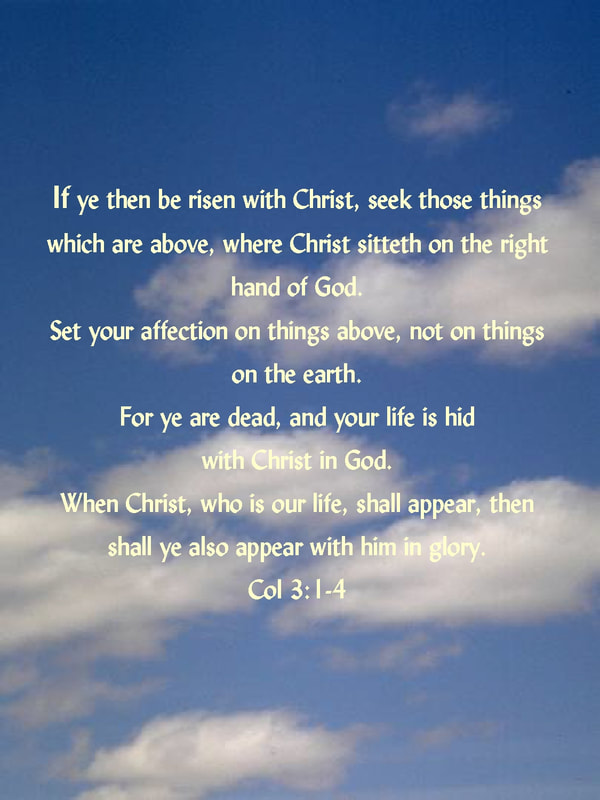|
To the chief Musician, A Psalm for the sons of Korah. Hear this, all ye people; give ear, all ye inhabitants of the world: Both low and high, rich and poor, together. My mouth shall speak of wisdom; and the meditation of my heart shall be of understanding. Psa 49:1-3 Treasury of David Charles Haddon Spurgeon “Hear this, all ye people.” All men are concerned in the subject, it is of them, and therefore to them that the Psalmist would speak. It is not a topic which men delight to consider, and therefore he who would instruct them must press them to give ear. Where, as in this case, the theme claims to be wisdom and understanding, attention is very properly demanded; and when the style combines the sententiousness of the proverb with the sweetness of poetry, interest is readily excited. “Give ear, all ye inhabitants of the world.” “He that hath ears to hear let him hear.” Men dwelling in all climes are equally concerned in the subject, for the laws of providence are the same in all lands. It is wise for each one to feel I am a man, and therefore everything which concerns mortals has a personal interest to me. We must all appear before the judgment-seat, and therefore we all should give earnest heed to holy admonition which may help us to prepare for that dread event. He who refuses to receive instruction by the ear, will not be able to escape receiving destruction by it when the Judge shall say, “Depart, ye cursed.” “Both low and high, rich and poor, together.” Sons of great men, and children of mean men, men of large estate, and ye who pine in poverty, ye are all bidden to hear the inspired minstrel as he touches his harp to a mournful but instructive lay. The low will be encouraged, the high will be warned, the rich will be sobered, the poor consoled, there will be a useful lesson for each if they are willing to learn it. Our preaching ought to have a voice for all classes, and all should have an ear for it. To suit our word to the rich alone is wicked sycophancy, and to aim only at pleasing the poor is to act the part of a demagogue. Truth may be so spoken as to command the ear of all, and wise men seek to learn that acceptable style. Rich and poor must soon meet together in the grave, they may well be content to meet together now. In the congregation of the dead all differences of rank will be obliterated, they ought not now to be obstructions to united instructions. “My mouth shall speak of wisdom.” Inspired and therefore lifted beyond himself, the prophet is not praising his own attainments, but extolling the divine Spirit which spoke in him. He knew that the Spirit of truth and wisdom spoke through him. He who is not sure that his matter is good has no right to ask a hearing. “And the meditation of my heart shall be of understanding.” The same Spirit who made the ancient seers eloquent, also made them thoughtful. The help of the Holy Ghost was never meant to supersede the use of our own mental powers. The Holy Spirit does not make us speak as Balaam's ass, which merely uttered sounds, but never meditated; but he first leads us to consider and reflect, and then he gives us the tongue of fire to speak with power. Meditation of Understanding Both low and high - Those alike of humble and those of exalted rank, for it pertains equally to all. On the meaning of the “terms” employed here, see the notes at Isa_2:9. These truths pertained to the “low;” that is, to those of humble rank, as teaching them not to envy the rich, and not to fear their power; and they pertained to those of exalted rank, as teaching them not to trust in their riches, and not to suppose that they could permanently possess and enjoy them.
Rich and poor together - As equally interested in these truths; that is, What the psalmist was about to say was adapted to impart useful lessons to both classes. Both needed instruction on the subject; and the same class of truths was adapted to furnish that instruction. The class of truths referred to was derived from the powerlessness of wealth in regard to the things of most importance to man, and from the fact that all which a man can gain must soon be left: teaching those of one class that they should not set their heart on wealth, and should not pride themselves on possessing it, and teaching the other class that they should not envy or fear the possessor of riches. (Albert Barnes) The folly of their way. “This their way is their folly.” Their folly is seen in-- 1. Their inability to retain their wealth. All men must die, “and leave their wealth to others.” (1) They cannot continue with it, nor will it serve to procure them a reprieve. (2) They cannot carry it with them, but must leave it behind them. (3) They cannot foresee who will enjoy it when they have left it; they must leave it to others, but to whom they know not, perhaps to a fool (Ecc_2:19), perhaps to an enemy.”—M. Henry. “Riches,” says Gataker, “though they have great eagles’ wings, to fly away from us while we are here in this world, yet have not so much as little sparrows’ wings to fly after us and follow us when we go hence. We brought nothing into this world, neither shall we carry anything hence.” Even before the rich man passes away from this world, his riches may pass away from him. A storm at sea, a spark of fire, a flood, may transform him into a beggar. How foolish, then, to trust and glory in wealth! 2. The limitation of the power of wealth. The wealthiest man has no power (1) to turn aside the stroke of death even from his dearest friend. “None of them can by any means redeem his brother, nor give to God a ransom for him.” The wealthiest of men is unable to prolong by an hour the life that is most dear to him. “ ‘Redeeming, he cannot redeem;’ that is, according to Hebrew usage, he cannot possibly do it; it cannot be done.” “What folly is it to trust to that, and boast of that, which will not enable us so much as for one hour to respite the execution of the sentence of death upon a parent, a child, or a friend that is to us as our own soul!” The wealthiest man has no power (2) to turn aside the stroke of death from himself. “Wise men die, likewise the fool and the brutish person.” “No matter what may be the character of the man of wealth, whether wise or foolish, he must certainly die. His wealth cannot save him from the grave.” It is said that a queen of England, knowing that her death was at hand, cried, “A million of money for a moment of time,” and cried in vain. (3) Wealth has no power to favourably affect the condition of its possessors after death. “Like sheep they are laid in the grave,” (Psa_49:14). When death comes to them, all their possessions and honours must be relinquished finally and for ever. Then the superiority of the portion of the upright will be apparent. All the strength and beauty of wealthy worldlings shall be consumed; but “the righteous shall shine forth as the sun in the kingdom of their Father.” He who, when upon earth, was “clothed in purple and fine linen, and fared sumptuously every day,” could not obtain so much as a drop of cold water in hell. How great, then, is the folly of putting our trust in and making our boast of our wealth! And yet, notice how continuous this folly is. “This their way is their folly; yet their posterity approve their sayings.” In this folly there is a sad successiveness. The children tread in the footsteps of their fathers. “They adopt their principles, and act on their maxims; and, attaching the same importance to wealth which they did, seek, as they sought, to perpetuate their names upon the earth.” And now turning our attention from the wealthy worldling to “the poor of this world rich in faith, and heirs of the kingdom which He hath promised to them that love Him,” two remarks are justified. First: The godly man has no reasonable cause to fear the power of the wealthy worldling. “Wherefore should I fear in the days of evil, when the iniquity of my heels shall compass me about?” It is difficult to get any reasonable meaning out of the last clause as it is rendered in our version. We take it that the word here rendered “heels”— and signifies a persecutor or lier-in-wait; and so we should translate, “When the iniquity of liers-in-wait compass me about.” See Fuerst’s Lexicon. The Psalmist was exposed to danger by reason of the crafty designs of his wealthy enemies; but why should he fear them? With all their wealth, how powerless were they! What could they do to him, they who were weak mortals like himself? They were leaning on a broken reed, and boasting in a shadow. He had no reason to fear them; for his trust was in the Lord Jehovah, in whom is everlasting strength. Second: The portion of the godly man is far superior to that of the wealthy worldling. “The upright shall have dominion over them in the morning.… God will redeem my soul from the power of the grave; for He shall receive me.” The superiority of the portion of the upright consists in this—1. They shall not be held in Sheol. God will rescue them from the power of the grave. They shall arise to a life of blessedness. 2. They shall be received by God. God will receive His people into glory, both soul and body, at the resurrection. So shall they ever be with the Lord. This superiority will soon be made manifest. “In the morning,” i.e. in a little time. The night will speedily pass away, and “in the morning” the vanity of the portion of wealthy worldlings and the excellence of the portion of the godly will be clearly manifested. CONCLUSION.—1. My rich brother, “trust not in uncertain riches;” but use thy wealth wisely, and it shall prove a blessing to thyself and to others. 2. My poor brother, do thou neither envy nor fear the power of wealthy worldlings; but rejoice in thine own inalienable and blessed portion. (Biblical Illustrator) Mat 12:35 A good man out of the good treasure of the heart bringeth forth good things: and an evil man out of the evil treasure bringeth forth evil things. Comments are closed.
|
Welcome
On this page there will be information regarding Christian mediation, and weekly short meditations. More content will be added as the Lord leads.
The NightWatchman And it came to pass in those days, that he went out into a mountain to pray, and continued all night in prayer to God. Luk 6:12
And in the morning, rising up a great while before day, he went out, and departed into a solitary place,
and there prayed. Mark 1:35 Gander Story Poems
https://www.gander poems.org/ Resources
Madame Guyon - A Short and Easy Method of Prayer / Christian Audio Book (1 / 2)
https://youtu.be/eihZWpAk7y4?si=PQ-_J3Y6i8u-N2Ac Union With God By Jeanne Guyon Chapter 1 Of 7 https://youtu.be/d5AfKS2dFLg?si=VtWAeEurkAddTDpL The Practice of the Presence of God - audiobook Brother LAWRENCE (1614 - 1691)- https://youtu.be/rRAs_BK1NR8?si=hGAL4C829aH7DKMn Praying in the Spirit https://www.twosparrowsministry.org/the-prayer-closet Archives
July 2024
|
Proudly powered by Weebly







